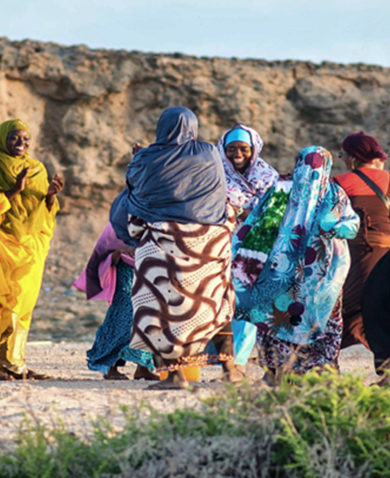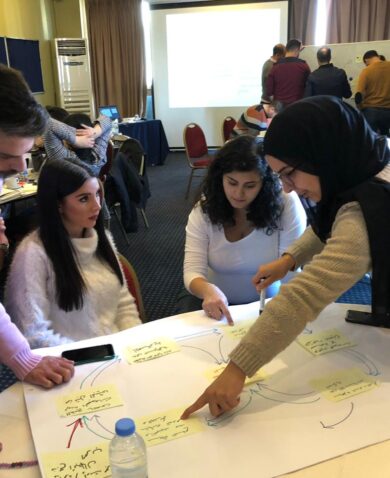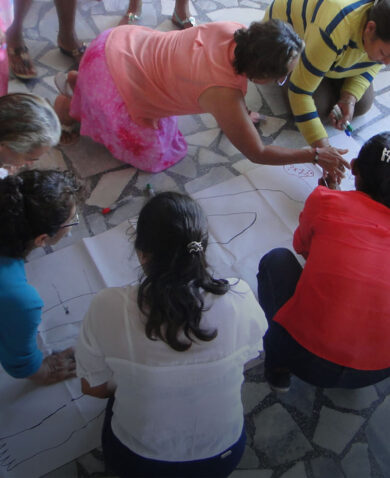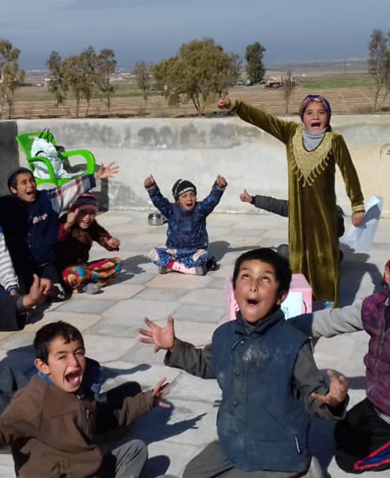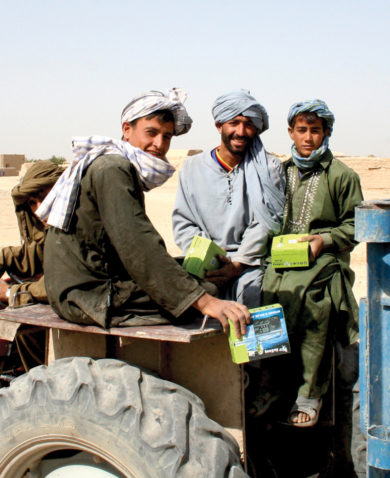When violent, ideological groups like the Islamic State establish a foothold, they strengthen their position with a narrative that the government has failed to deliver on its social contract with the Muslim population, particularly with youth. They exploit this “say-do” gap — the disconnect between what governments say about creating an inclusive identity and equal citizenship for all, and what they actually do in practice — to craft this narrative. By highlighting this disparity, they undermine trust in the government and can then present themselves as a credible alternative source of governance, providing services, and dispensing Islamic justice and dispute resolution.
“The most sophisticated Islamic State pitch,” writes Haroro Ingram in The Strategic Logic of Islamic State Information Operations, “leverages pragmatic and perceptual factors to appeal to a wide range of citizens and to bolster recruiting efforts within communities that feel marginalized from mainstream society and deprived of the opportunities of genuine citizenship.”
In areas vulnerable to violent extremism, local governments often face a critical challenge. A slow or inadequate government response to development needs could actually serve to strengthen extremist groups’ messaging that the government is failing its people, fueling the extremist groups’ recruitment efforts. However, swift, concentrated efforts to provide assistance in vulnerable areas can effectively counter this messaging.












